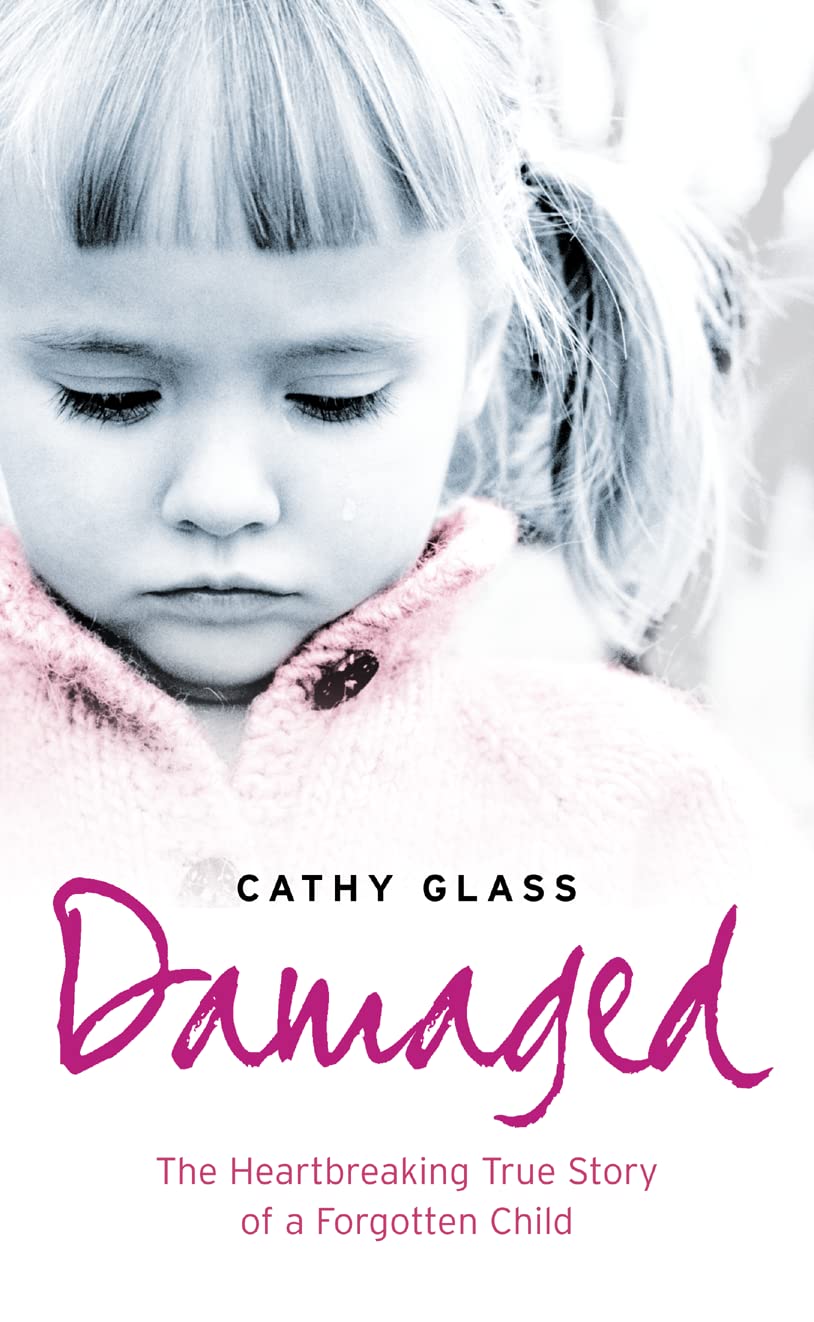
I Miss Mummy
Book Description
A little girl clings to the echoes of her mother’s love, even as the walls of her new world close in. Foster carer Cathy Glass is drawn into the life of a fragile child, caught between past trauma and a turbulent present. As secrets unfold, trust becomes a fragile thread, and the battle for healing intensifies. With every revelation, tensions rise and emotions spiral, forcing Cathy to confront her own demons. Can compassion truly bridge the gap between despair and hope? As the clock ticks, will the bonds of love be strong enough to mend a shattered heart?
Quick Book Summary
I Miss Mummy is a moving memoir by Cathy Glass, chronicling her experiences as a foster carer to Alice, a little girl abruptly removed from her mother’s care due to concerns of neglect. Cathy is thrust into Alice’s tumultuous world, where the child’s longing for her mother and confusion about her situation create daily heartbreak and emotional volatility. As Cathy gently supports Alice through routines, therapy, and school, distressing details of Alice’s past come to light, revealing the complexities of family separation and the child welfare system. The story explores the deep psychological scars of trauma, the delicate building of trust, and the tireless commitment required of foster carers. Through patience and compassion, Cathy strives to provide Alice stability, while navigating tensions with social services, legal proceedings, and the arduous process of healing. Ultimately, I Miss Mummy is a testament to the resilience of children and the transformative power of empathy, even in the darkest circumstances.
Summary of Key Ideas
Table of Contents
The Emotional Impact of Family Separation
Cathy Glass’s memoir opens with the abrupt transition of Alice, a young girl, into Cathy’s care following social services’ intervention. Alice’s deep confusion, grief, and fear are palpable, stemming from her sudden removal from her mother’s home. The narrative explores the emotional turmoil children experience during family separation, capturing Alice’s desperate clinging to the memories of her mother and her struggle to comprehend her new reality. Cathy becomes attuned to Alice’s behaviors—nightmares, withdrawal, and regressive actions—signaling the profound impact of trauma and uncertainty on a child’s psyche.
Building Trust Amidst Trauma
As Alice settles into the foster household, the daily process of building trust begins. Cathy employs patience, routine, and gentle reassurance, knowing trust is hard-won for children who feel betrayed by the adults around them. Episodes of anger, fear, and sorrow punctuate their relationship, highlighting the fragility of the bond. By offering stability and understanding, Cathy gives Alice room to express her emotions and begin to feel safe, though setbacks are frequent and setbacks with birth family visits serve as painful reminders of loss and hope.
The Challenges of the Foster Care System
Throughout the memoir, Glass exposes the challenging realities within the foster care system—bureaucratic delays, conflicting opinions among professionals, and the legal complexities affecting both foster carers and birth families. Cathy must navigate social worker interventions, court decisions, and the painstaking process of evidence-gathering. Her advocacy for Alice sometimes puts her at odds with authorities, complicating her role and intensifying the emotional strain. This section reveals the systemic difficulties faced by vulnerable children and those striving to protect them.
The Path to Healing and Resilience
As time passes, painful memories from Alice’s past surface, prompting therapeutic interventions and tough conversations. Cathy encourages Alice’s gradual healing by promoting play, positive relationships, and age-appropriate honesty. The memoir examines Alice’s resilience—her capacity to adapt, begin trusting, and develop new attachments despite deep sorrow. Cathy’s loving support, coupled with truthful communication about Alice’s situation, fosters incremental progress as Alice starts to regain confidence and curiosity about her future.
The Role of Compassion and Empathy in Recovery
Ultimately, the story underscores the profound power of compassion and empathy in facilitating recovery for abused or neglected children. Cathy’s own emotional journey is mirrored in Alice’s, as she confronts personal doubts and the challenges inherent in fostering. The narrative closes with hard-earned insights: healing is a slow, non-linear process requiring love, patience, and advocacy. While not every wound is quickly mended, the human capacity for resilience and the bonds of caring can offer children like Alice the hope of a brighter tomorrow.
Download This Summary
Get a free PDF of this summary instantly — no email required.





